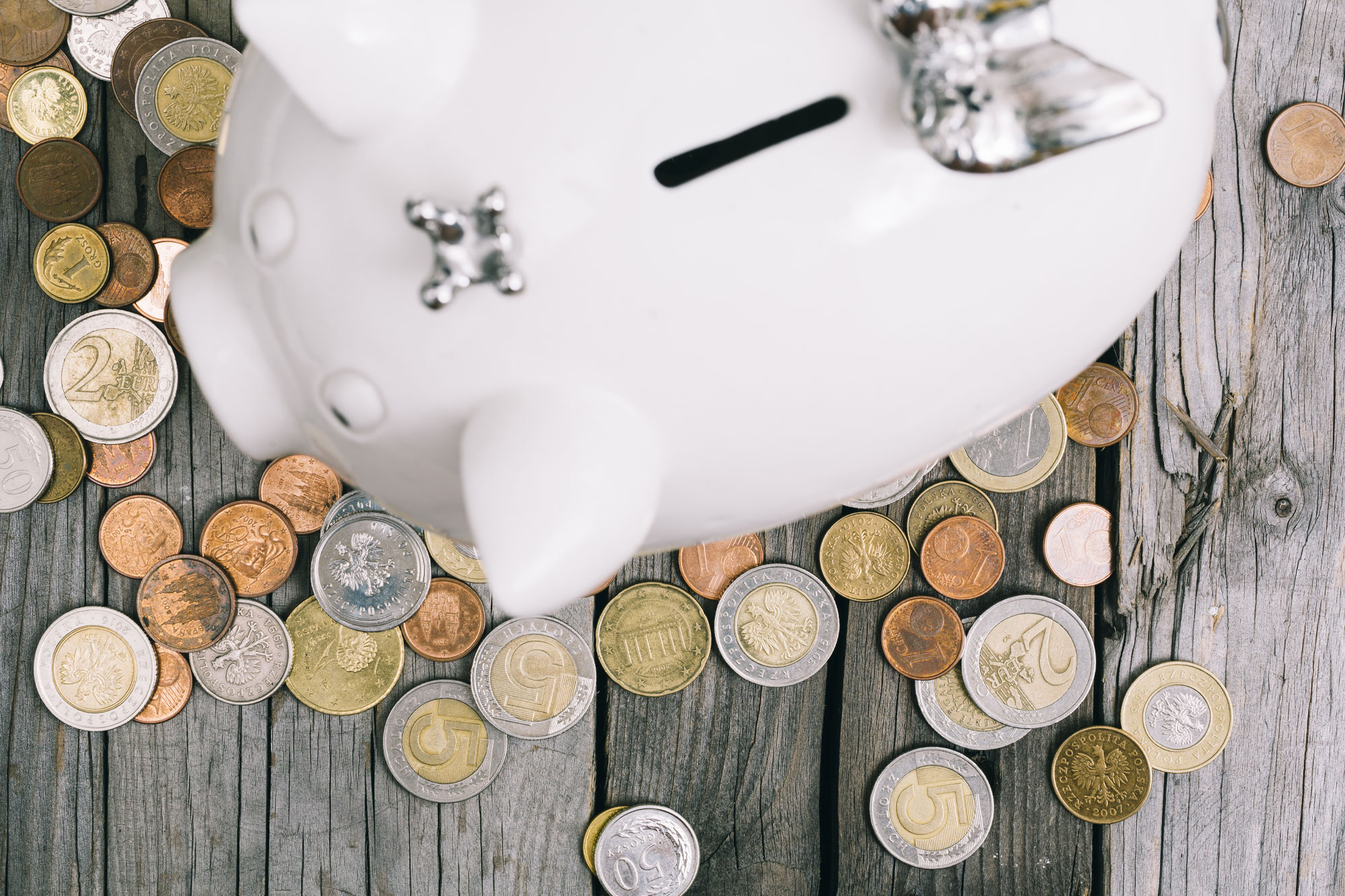
Smart saving
There is more and more talk about financial education and the need to introduce it in the curriculum of students. It is important to have a financial education appropriate to the times we live in, saving a sum of money per month is perhaps the most important aspect that we must take into account in this equation.
Most of us have experienced a delicate situation at least once in our lives, such as: a health problem of our or our loved ones, unemployment, job loss, a breakdown in our home or car, an unforeseen event , an unplanned trip to the mountains, and the list goes on.
Well, we know our monthly income. We can also estimate the cost of expenses, and here we refer to: food, personal care, housekeeping, pets, health, bills, installments. But what about the rest of the money? Do we really need another bag this month? Or another perfume just because it’s on sale? Or do we just have to take another loan to renovate the house or can the old furniture wait until the car loan is completed?
Such questions grind each of us and are perfectly normal. The problem arises when we decide that the purchase is a must-have. Although most of the time it may seem difficult to come up with a budget, here’s how simple it can be, following just three steps in organizing it:

- 50% of the budget will go to monthly needs (bills, food, care, health);
- 30% are desires. Here we refer to hobbies, passions, going out with friends, fun, relaxing shopping;
- 20% is money that you should transfer to a savings account, for black days or you can simply set a goal, such as: renovation, car change, holidays, etc.
A financial reserve can be useful in any situation, whether it is pleasant or not.
Once your budget is organized, it’s important to follow these steps:
- On payday, set aside money for savings first;
- Don’t go shopping without having a home-made to-do list. As tempting as it may sound, don’t add extra products to your cart.
- Offers are just a click away. Don’t rush into spending too much on a product before doing any market research. You may be surprised by the price differences on various sites.
- Pay your bills and bank installments on time. This way you avoid paying penalties. When it comes to bills, get used to indexing your utilities so you don’t get caught up in colossal sums.
If you fail to qualify for the 50/30/20 scheme, you may waive some non-essential expenses, such as:
- Going on a trip;
- Participating in an extravagant party;
- Frequent trips to the restaurant. You can opt for cafes or terraces instead, and you can choose to cook at home. It is cheaper and healthier.
- New purchases of clothing or perfumes;
- Replacing appliances that still work.
